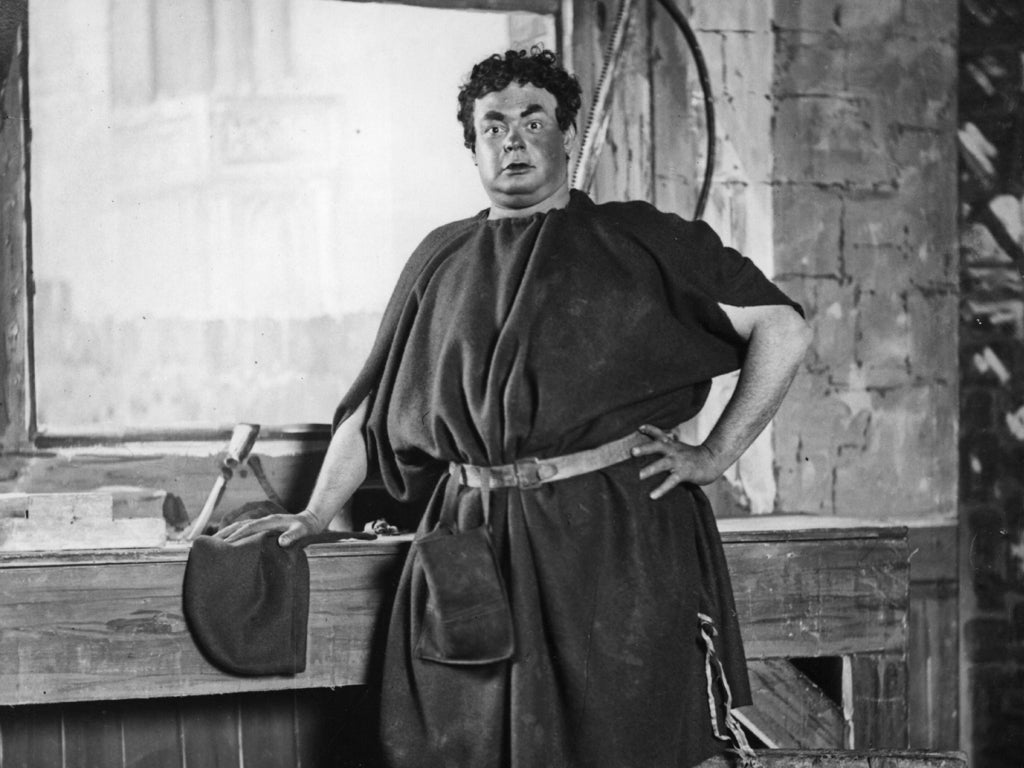I’ve just been cast in a play, which is both exciting and daunting. Exciting, because I’m a massive fan of attention and make-believe, but also daunting because, like anything these days, plays have their own rules and I’m having to get used to them very quickly.
The project that I’m involved in is dynamic. A short turnaround between being offered the part and starting to pretend I am a character has meant I haven’t had a chance to do things like go to drama school or perfect a special voice. Instead I am working on instinct. I ask myself questions: might it be nice for my character to nod here? Should I make him limp, so the audience can feel sorry for him? Should my character occasionally become aware that he is, weirdly, in a theatre? It’s confusing and it’s too much for me, and I am enjoying being all at sea.
Of course this isn’t my first acting job. I acted in plays at sixth-form college in the Nineties, once absolutely nailing the sh*t out of the part of Nick Bottom in A Midsummer Night’s Dream. The role, which included turning into a donkey and canoodling with a fairy queen, was miles outside of my comfort zone. I had almost no experience of love or braying, and things were complicated further by the fact that I fancied the fairy queen and the words were written by Shakespeare so it was all more or less garbage-language. But I staggered through it, I got across approximately what The Bard wanted to say, and I drunkenly accepted any applause that came my way.
It’s 20 years since I skilfully played Bottom though. I’ve been out the game for too long. I’ve hired DVD upon DVD of films where people are acting and have tried to unpick the magic, but there’s no substitute for actually hearing advice from someone who is still in the thick of treading the boards. So, I met my friend Orville for coffee and beer and drilled him about the basics. He is an actor with 35 years of experience in that and other fields. A real character, Orville wears make-up socially and was rude to the bar staff throughout our consultation. He imparted knowledge with great animation, though, like a cow expelling long, interesting pats.
Orville told me that, when acting, one should angle oneself towards the audience. The audience, he said, are your bread and butter. If it’s impractical, for example, if you have to face away to talk to someone upstage, you should regularly look over your shoulder to the audience. Check in with them. He told me to consider wearing a costume. This can give the audience an “in”. For example, he said he once played a farmer and dressed up in red trousers and a jumper and I told him I got the idea. As he got drunker and ruder, Orville started telling me all sorts of “tricks of the trade”: wink when your character’s lying, only touch the other players if it’s in the script, swear and stamp if you feel the show is flagging. He broke down in tears a couple of times, but he was fun to be with.
Meeting with Orville reminded me of the marvellous social element of the theatre. After the curtain comes down, fun can be had with other members of the company, or alone. Back in my Bottom days, I remember unwinding with Adnams and crisps and wondering whether life could possibly get any better. Prawn Cocktail! Beef! Playing pool, or trying to ingratiate myself to proud Titania. There is camaraderie that comes with being in a play that you simply don’t get when you write a column.
Orville’s final piece of advice really stuck with me. I was trying to cajole him into a cab as he held forth on “bowing”, his arms windmilling, his mascara running, scandalously. “The thing with bowing,” he slurred, “Don’t go too early.” I nodded and tried to make him take his cane. “That was my failing,” he said. “I’d bow before the end, and the other actors would crucify me.” This seemed like sage advice. I thanked him and he bowed deeply and I deposited him into a cab. Yes, work hard, push on through, and only bow when the job’s done. That’s my plan.


Join our commenting forum
Join thought-provoking conversations, follow other Independent readers and see their replies